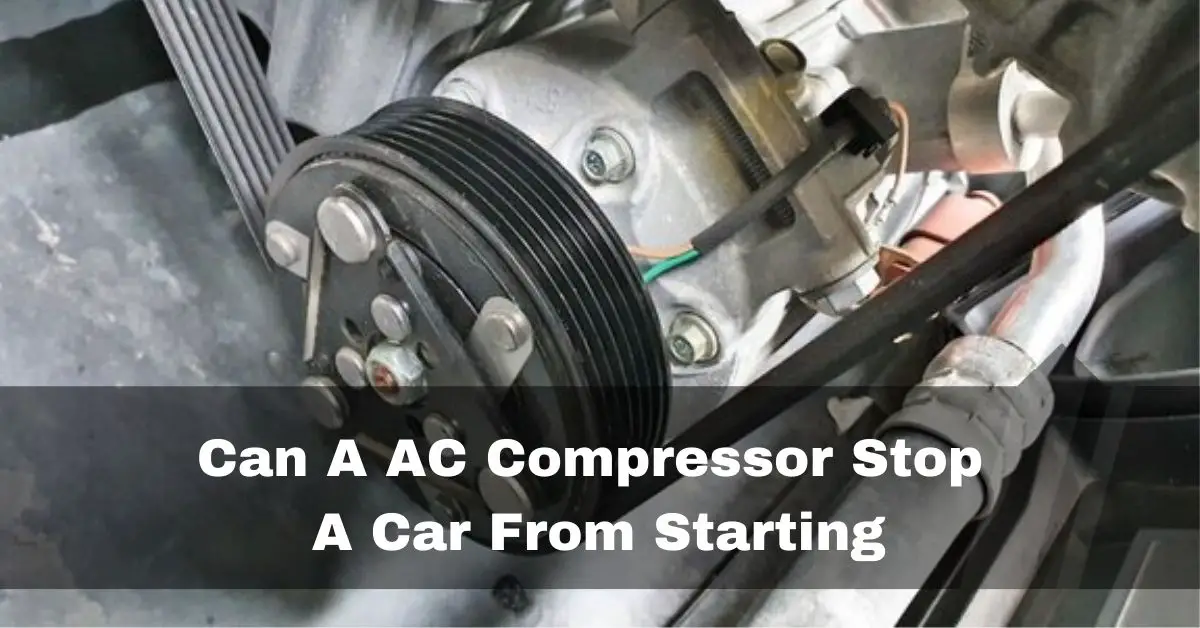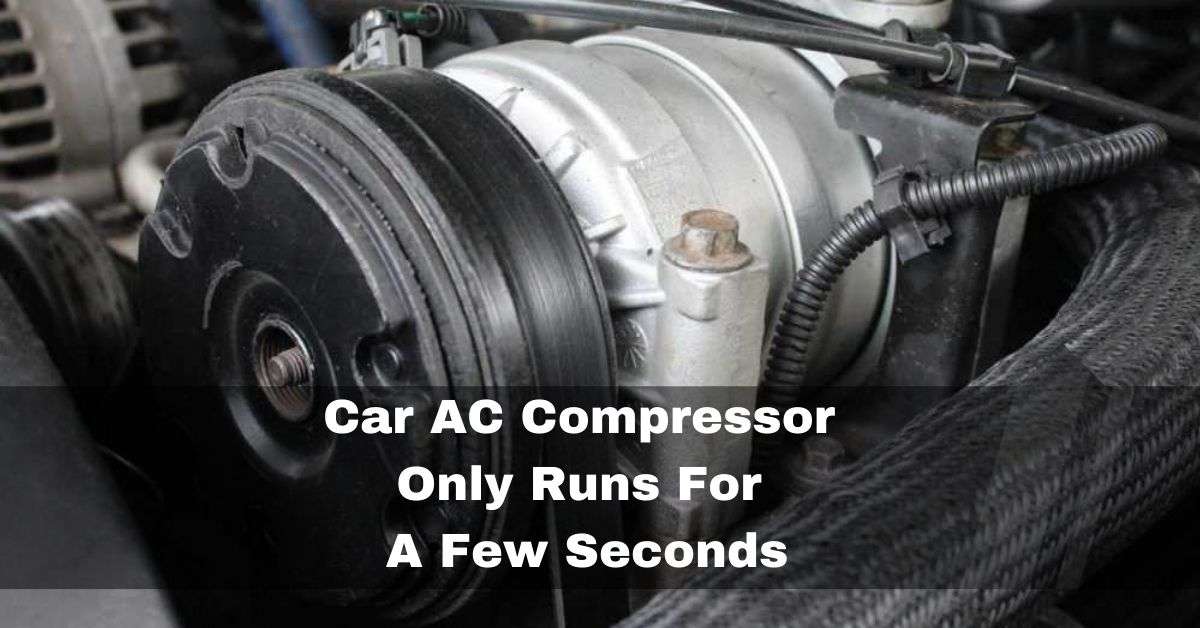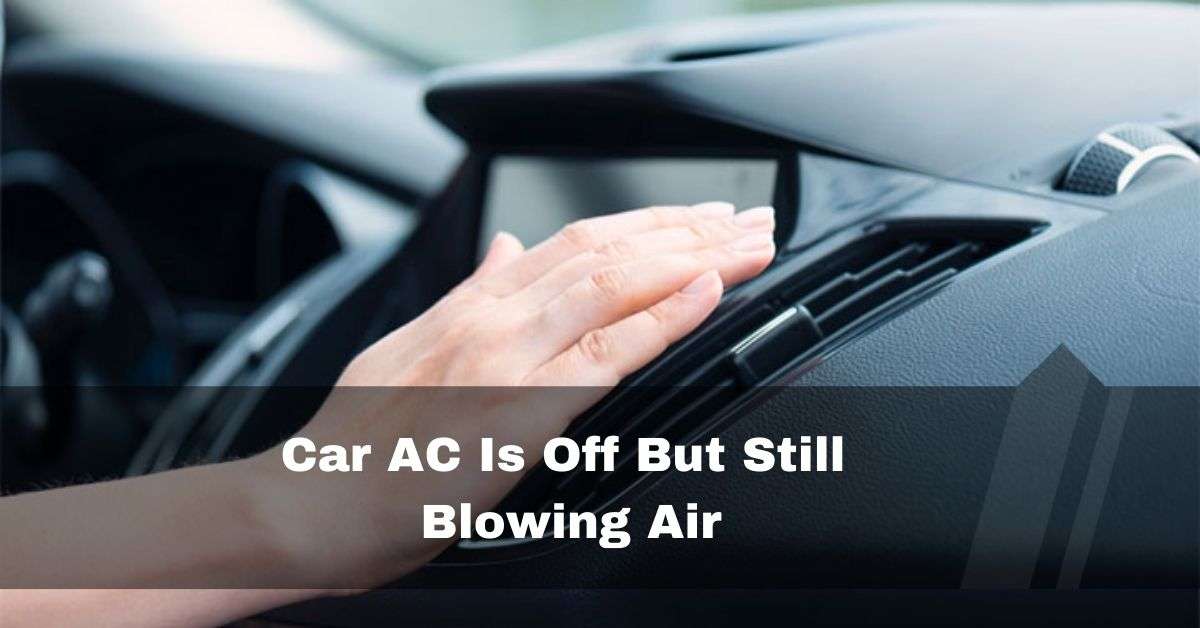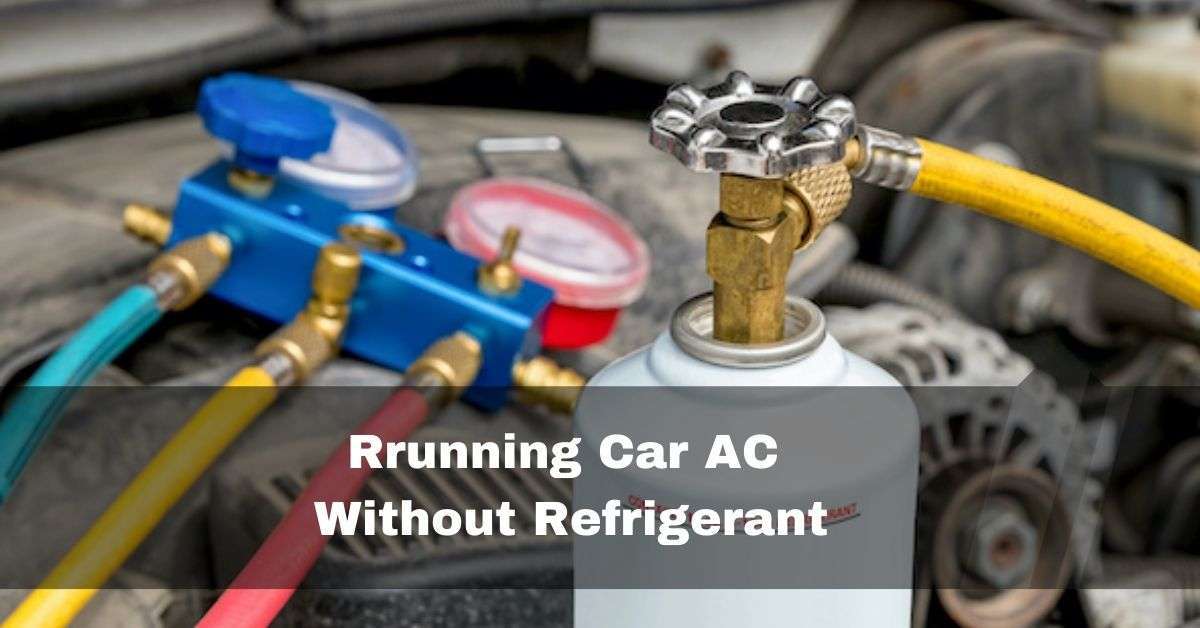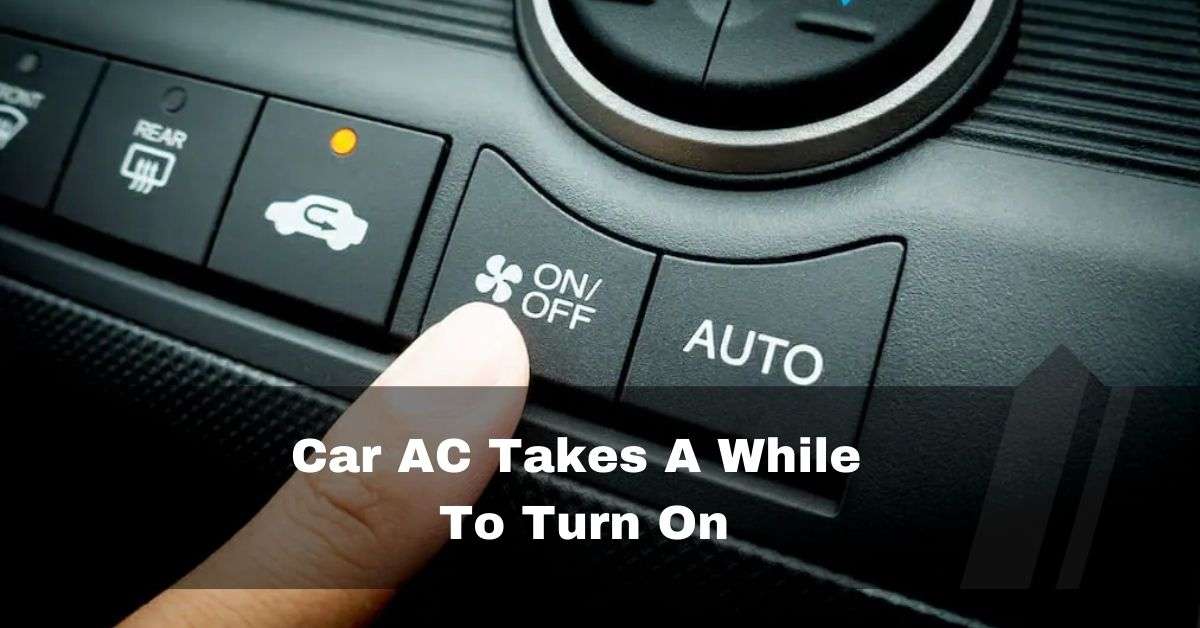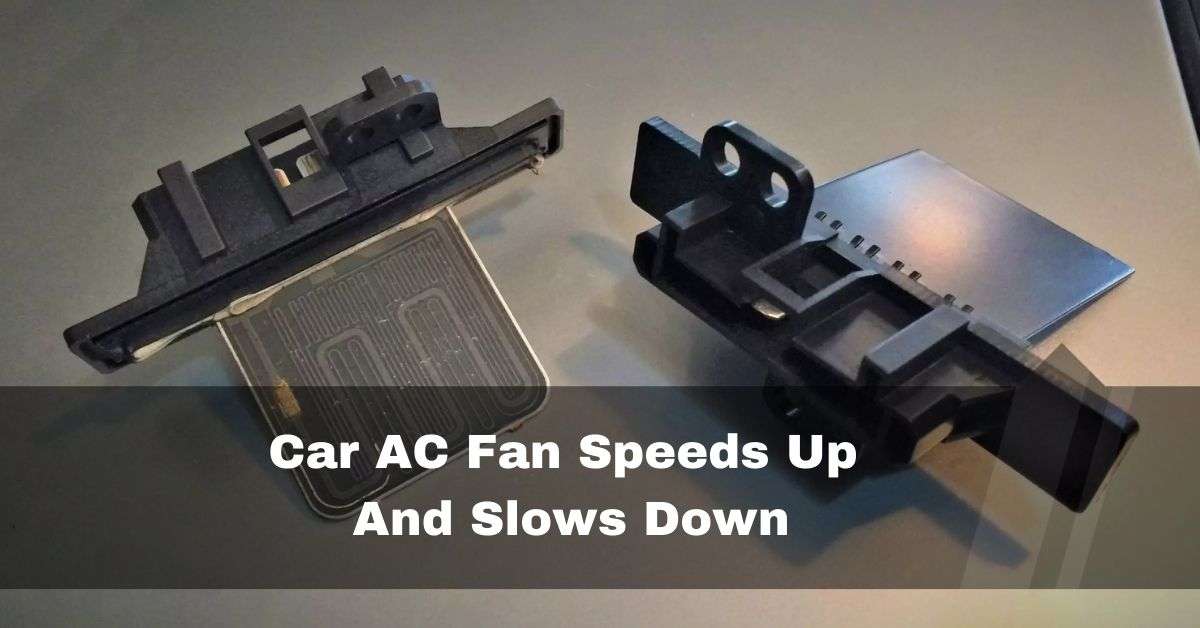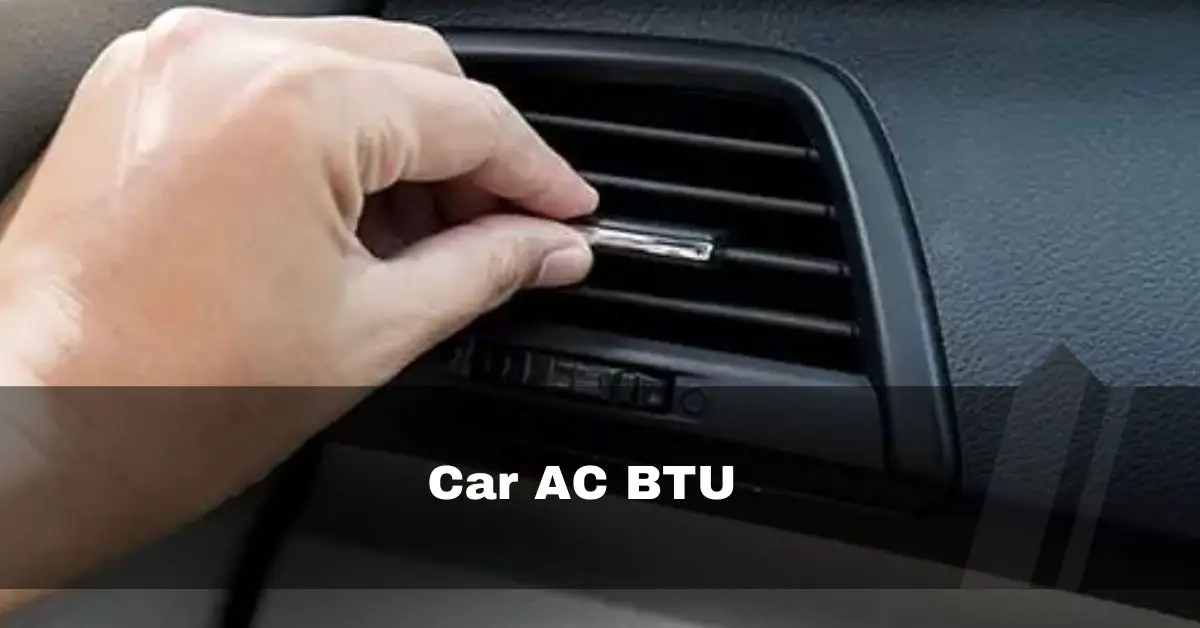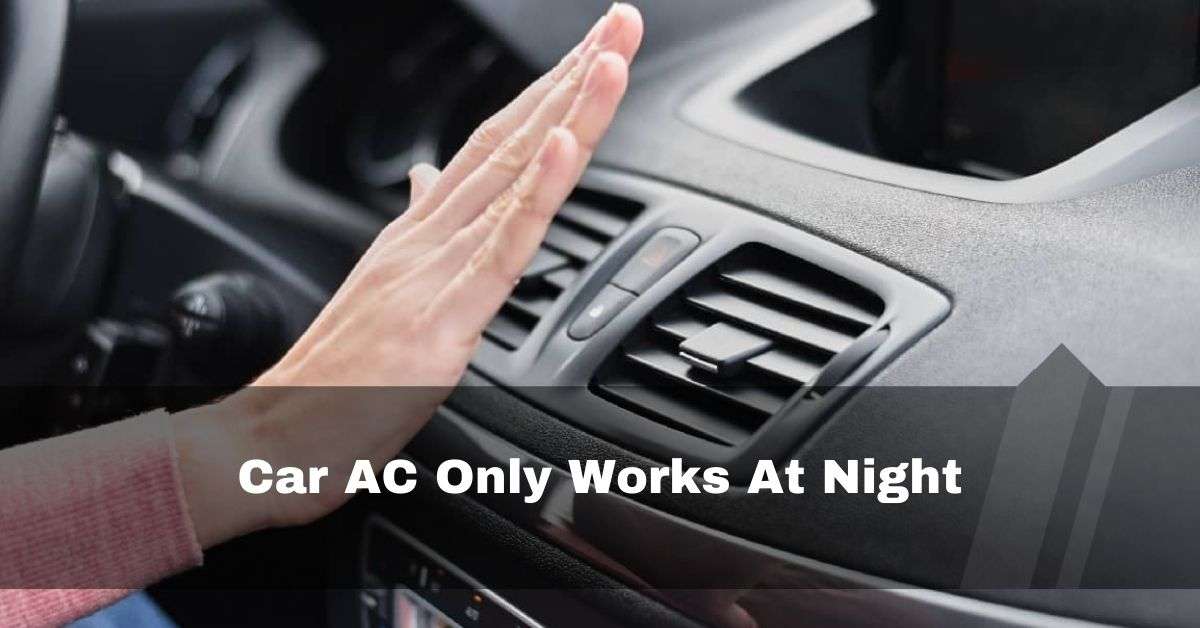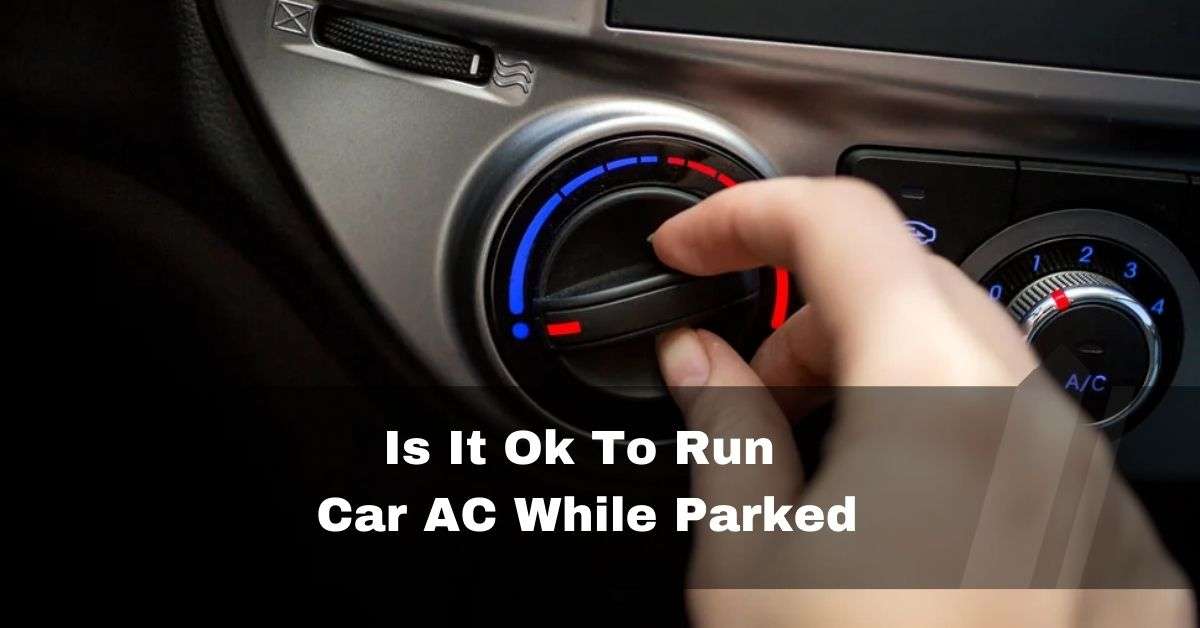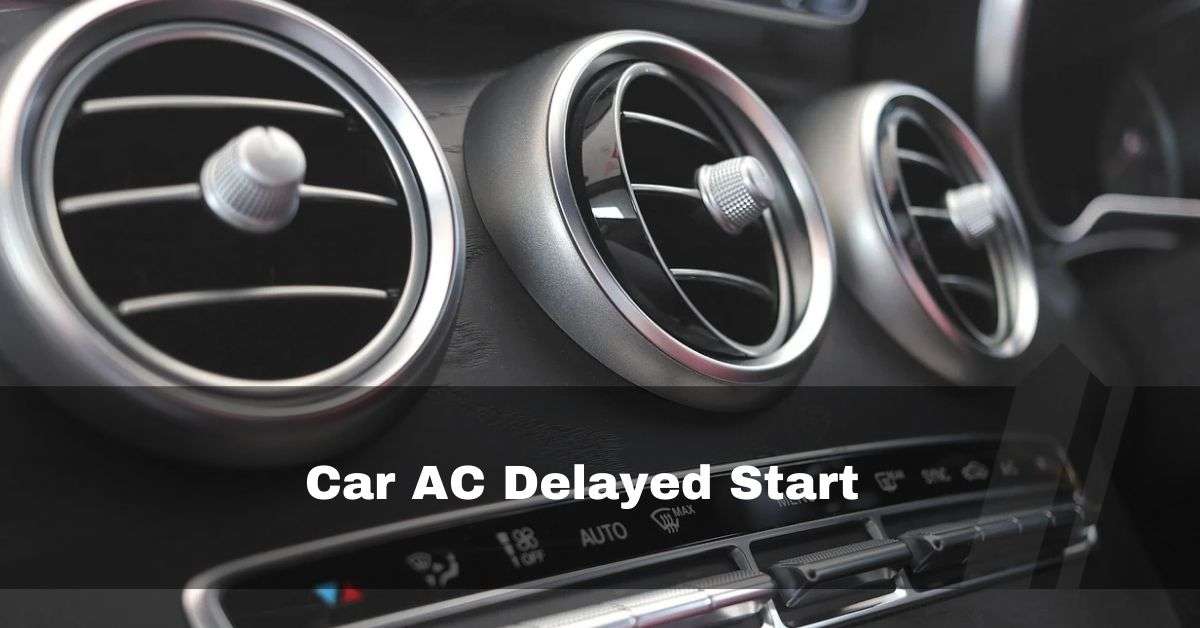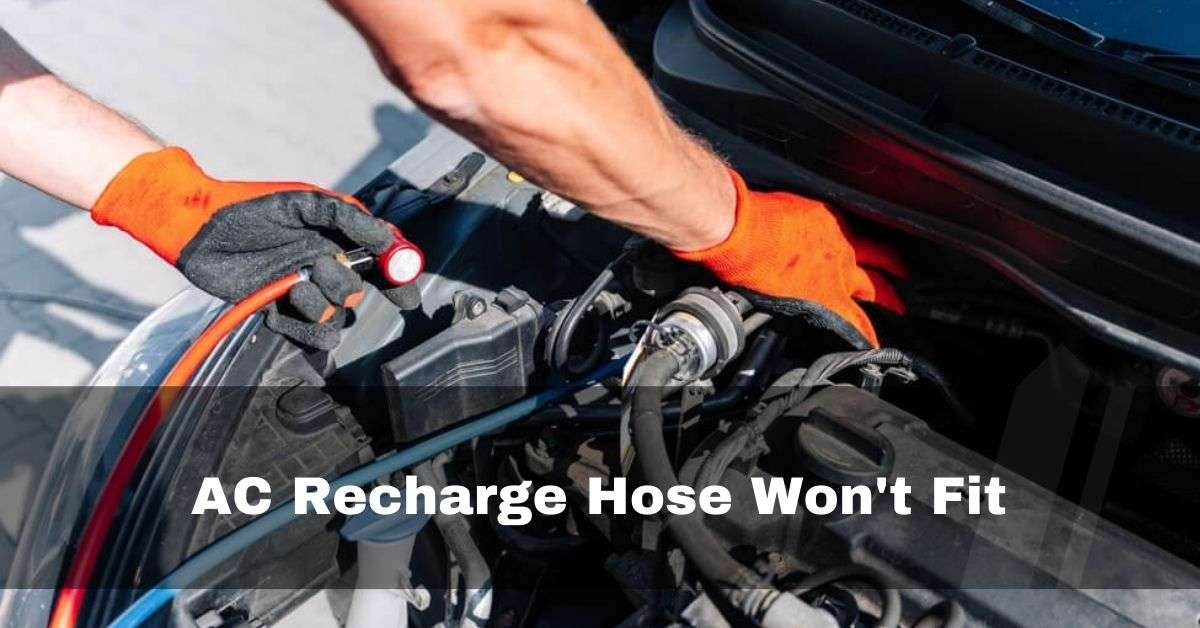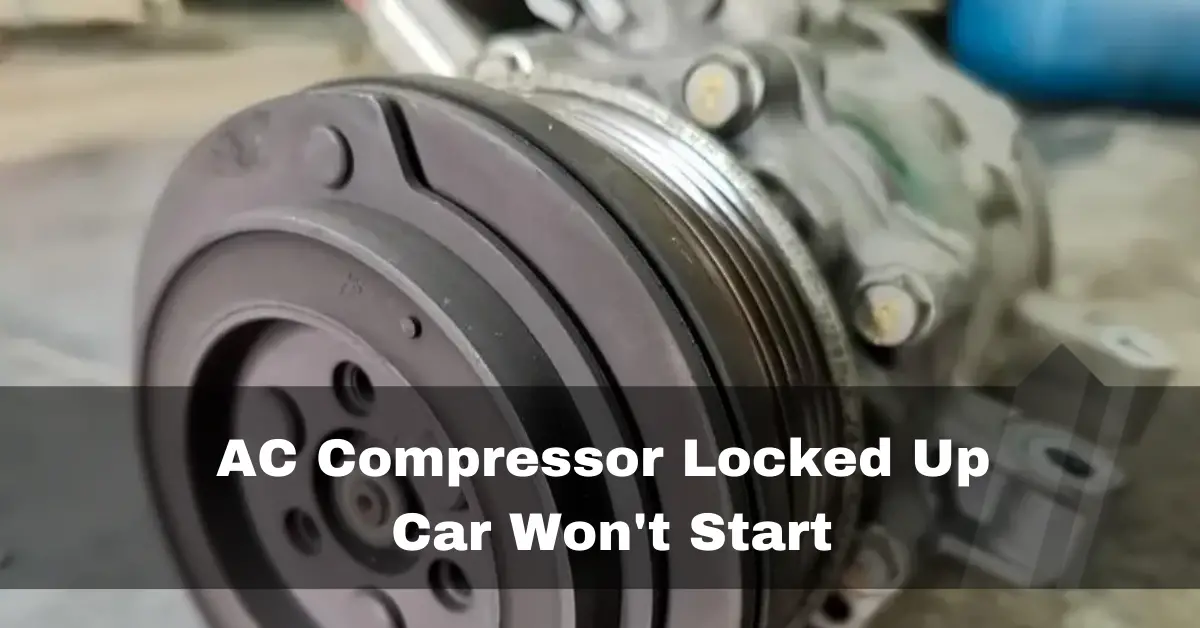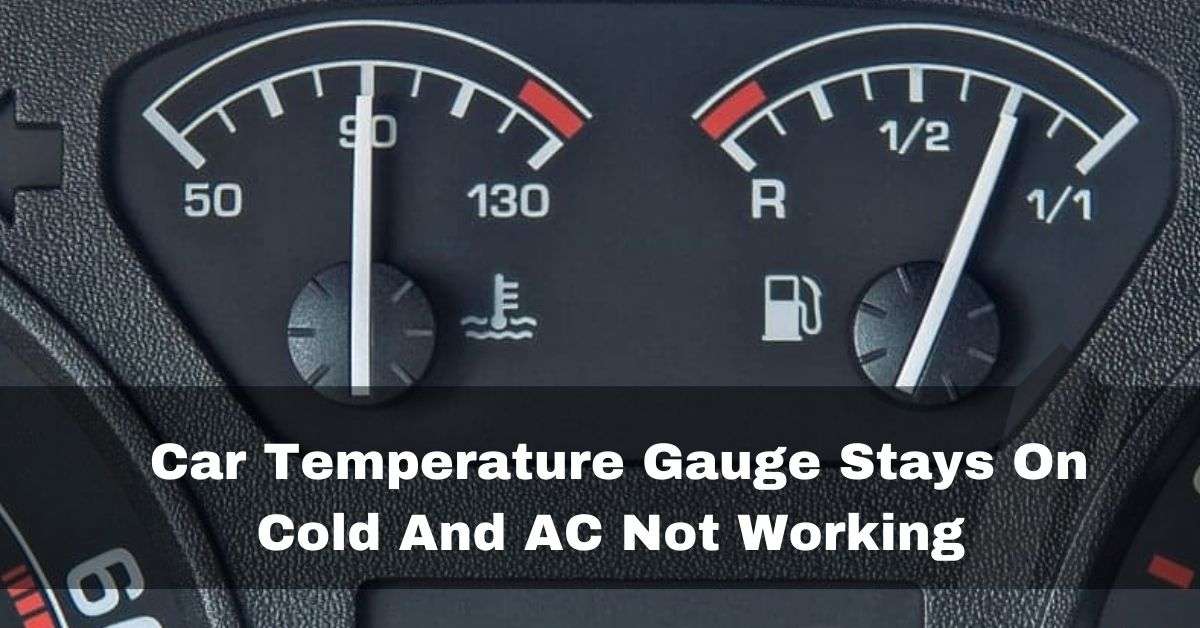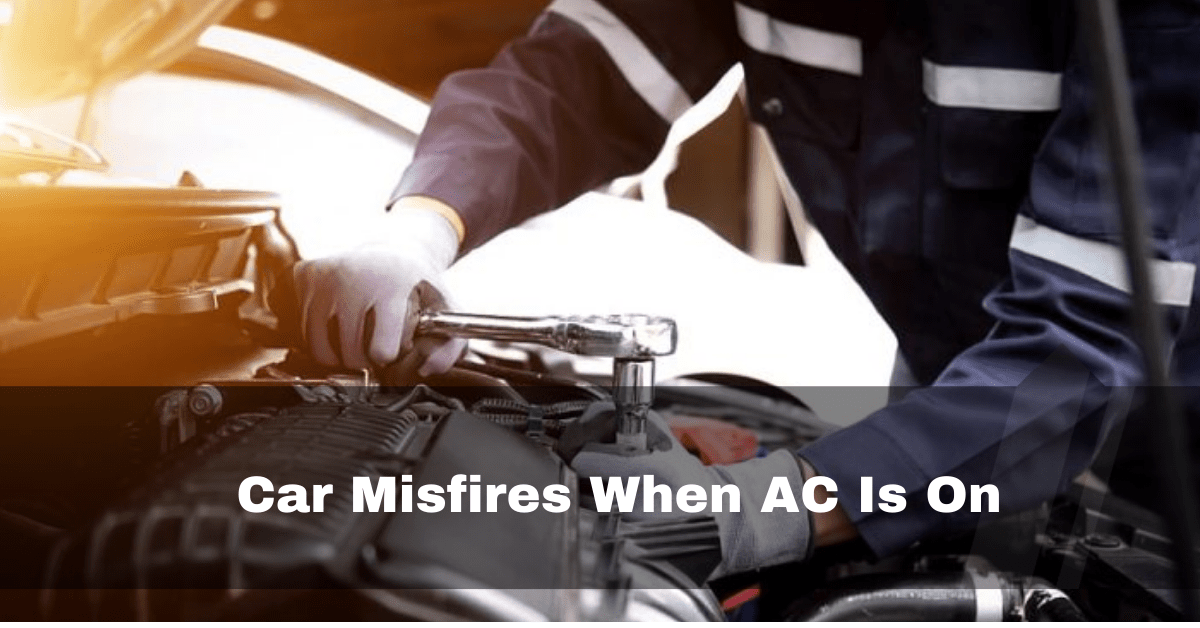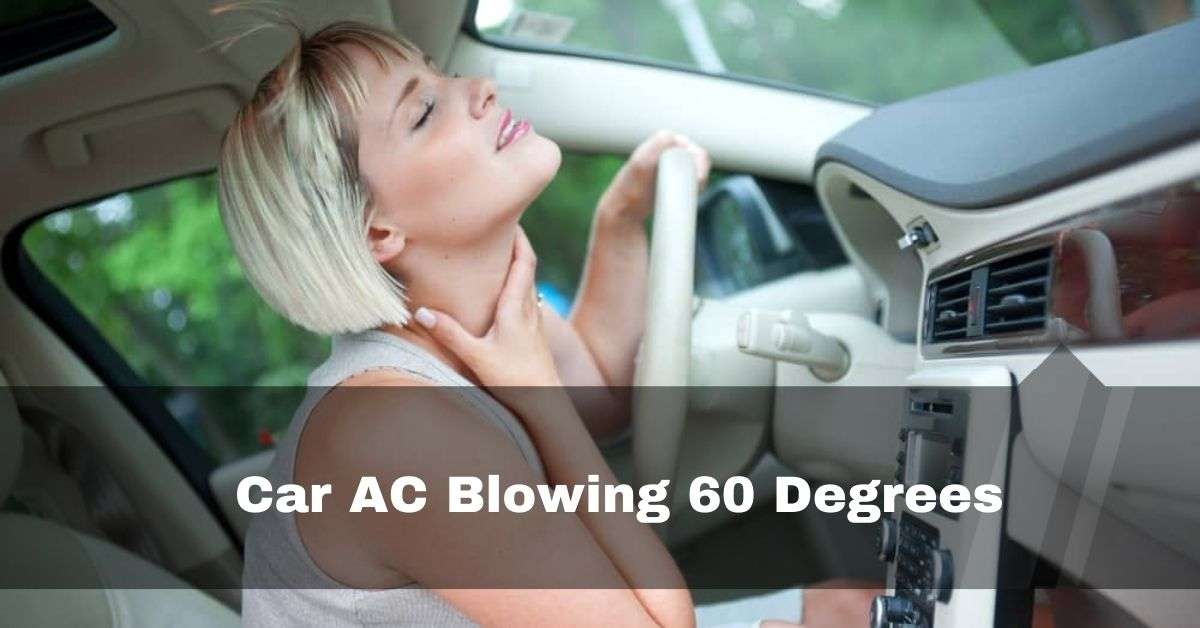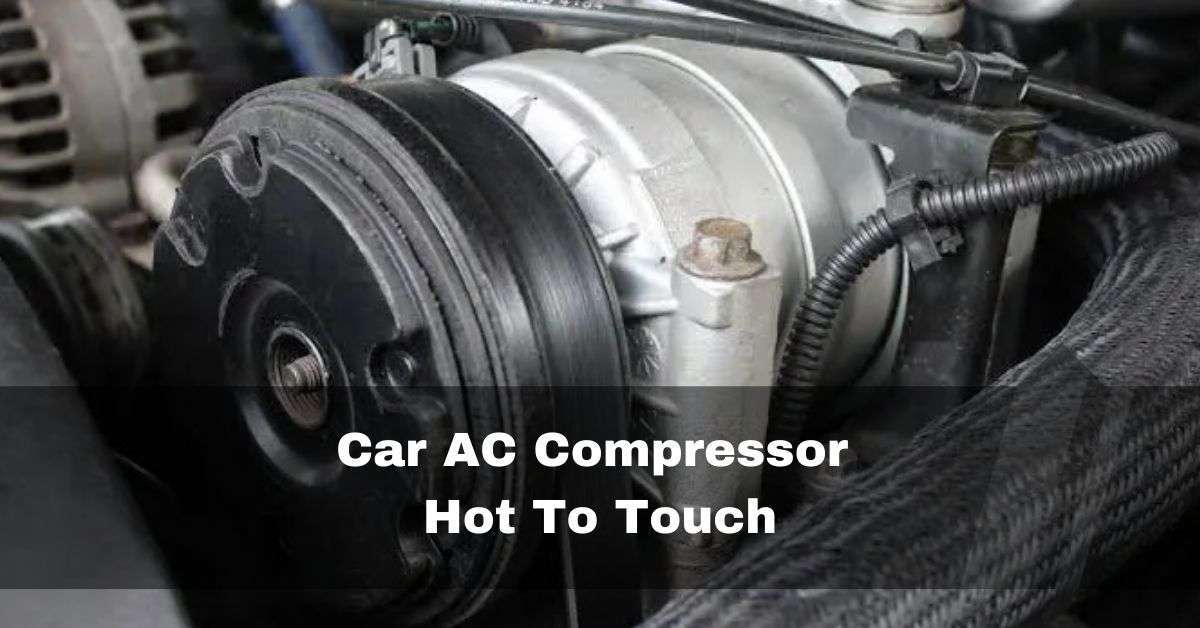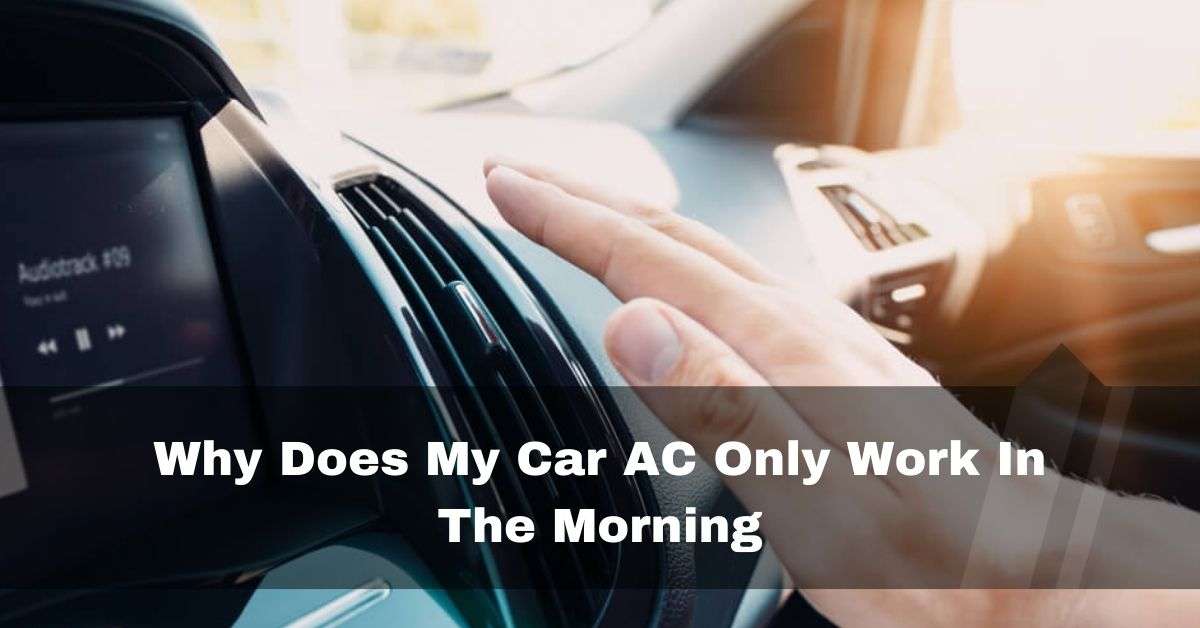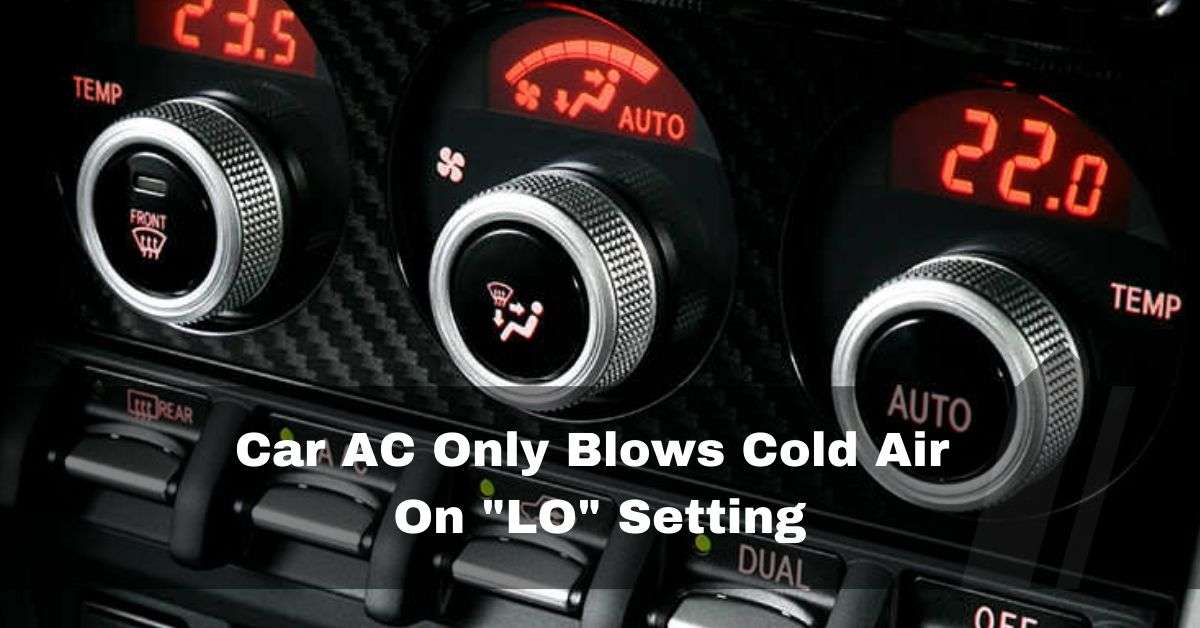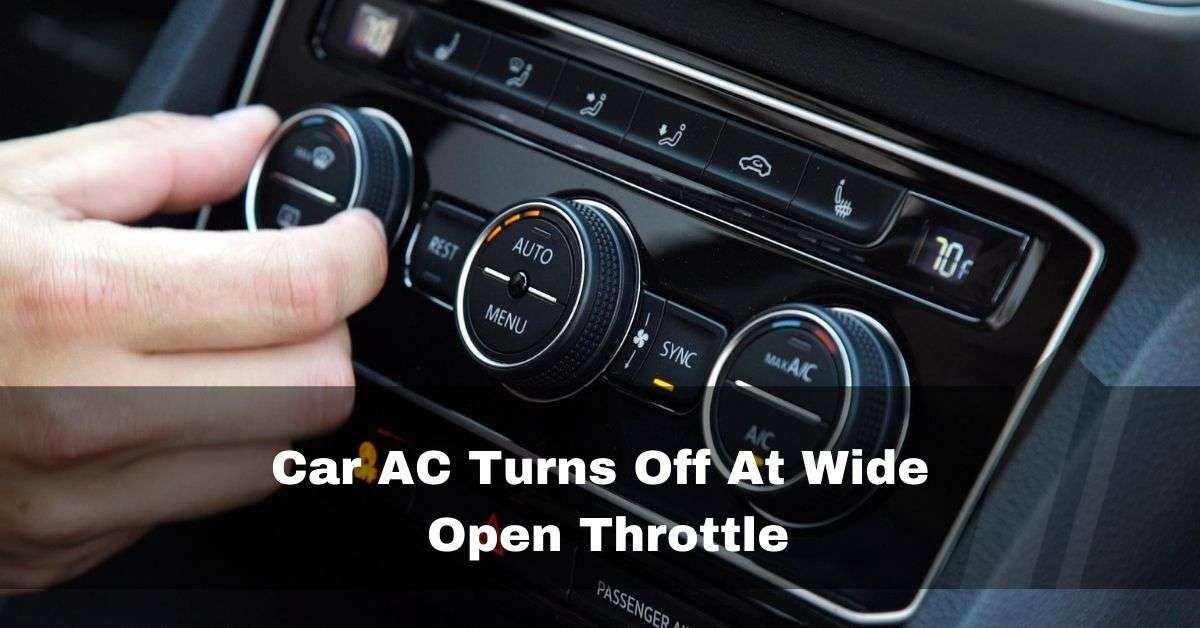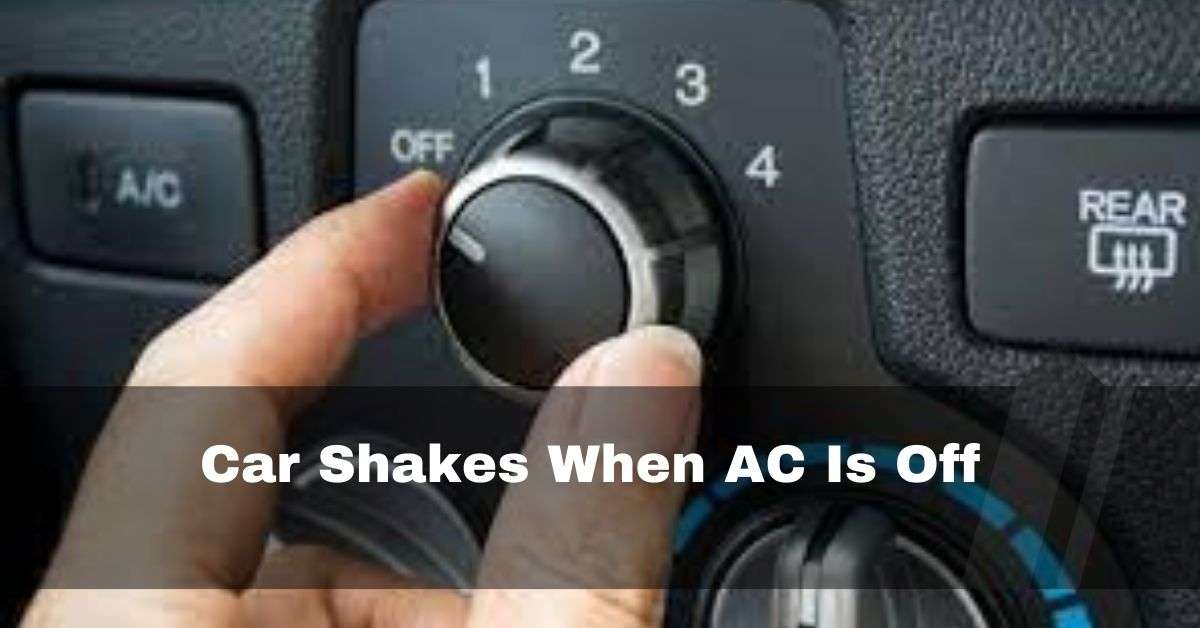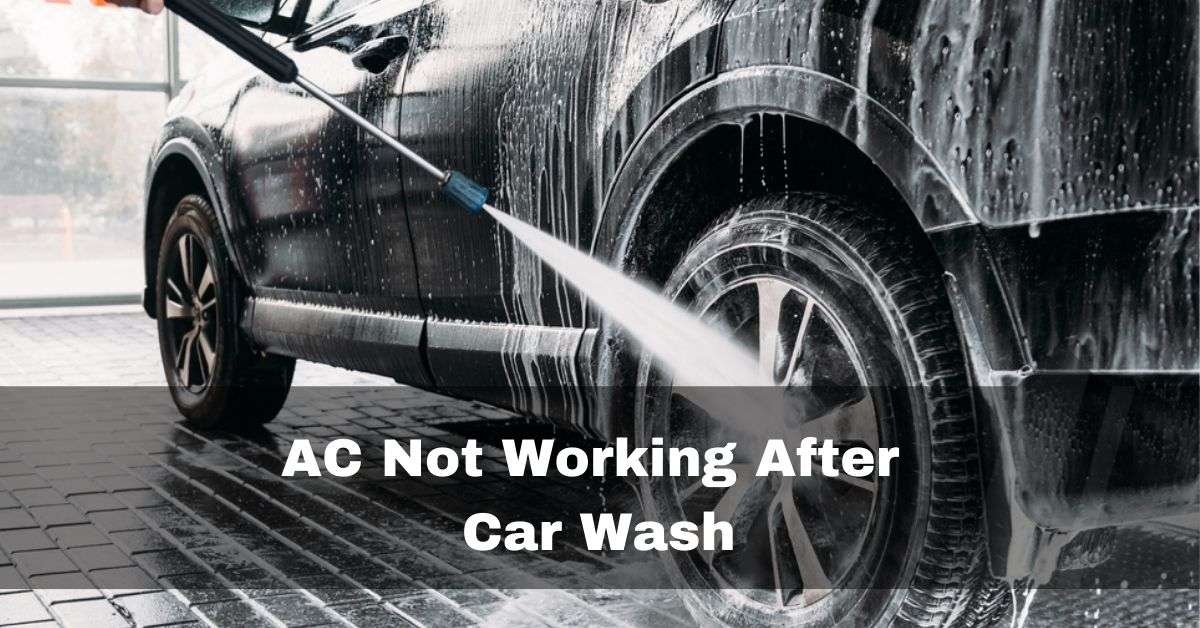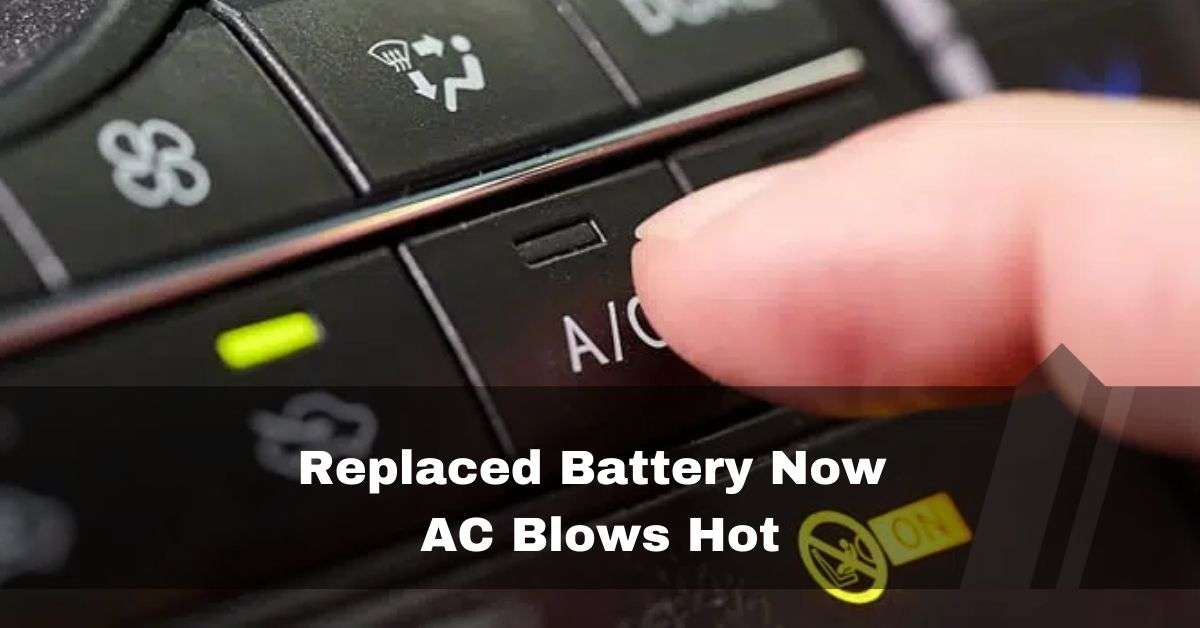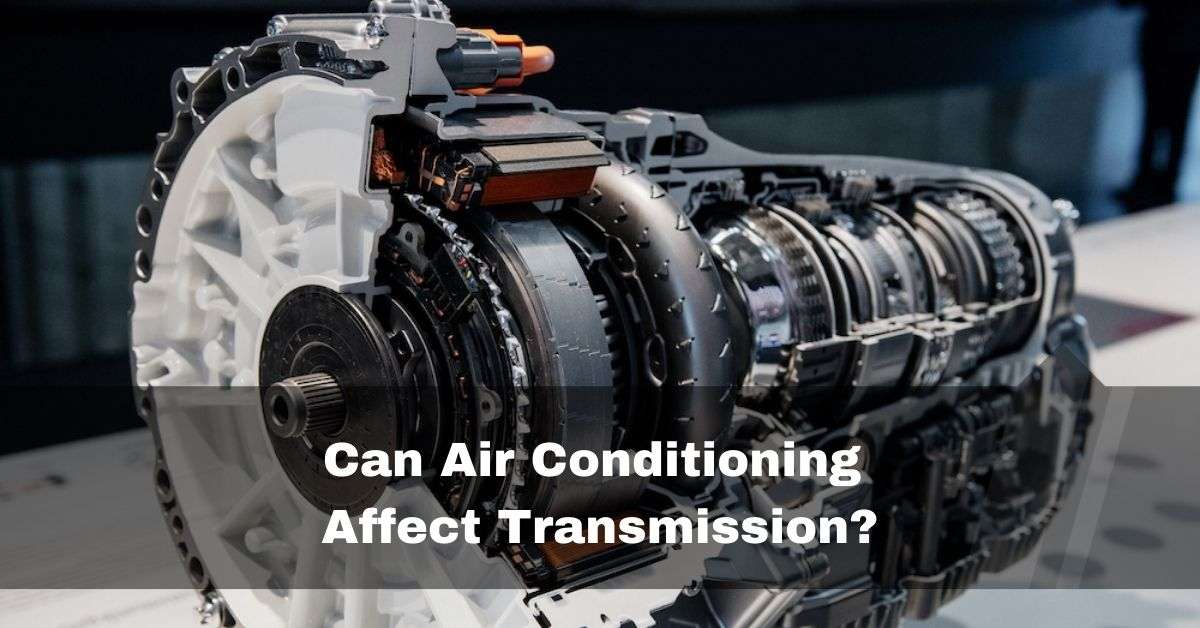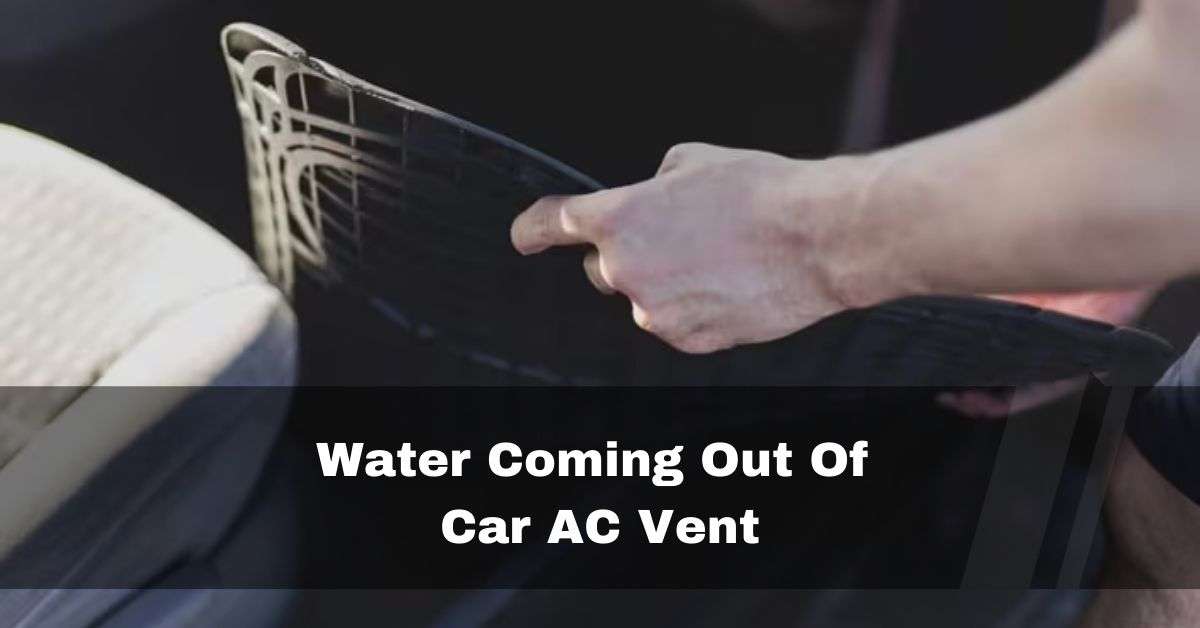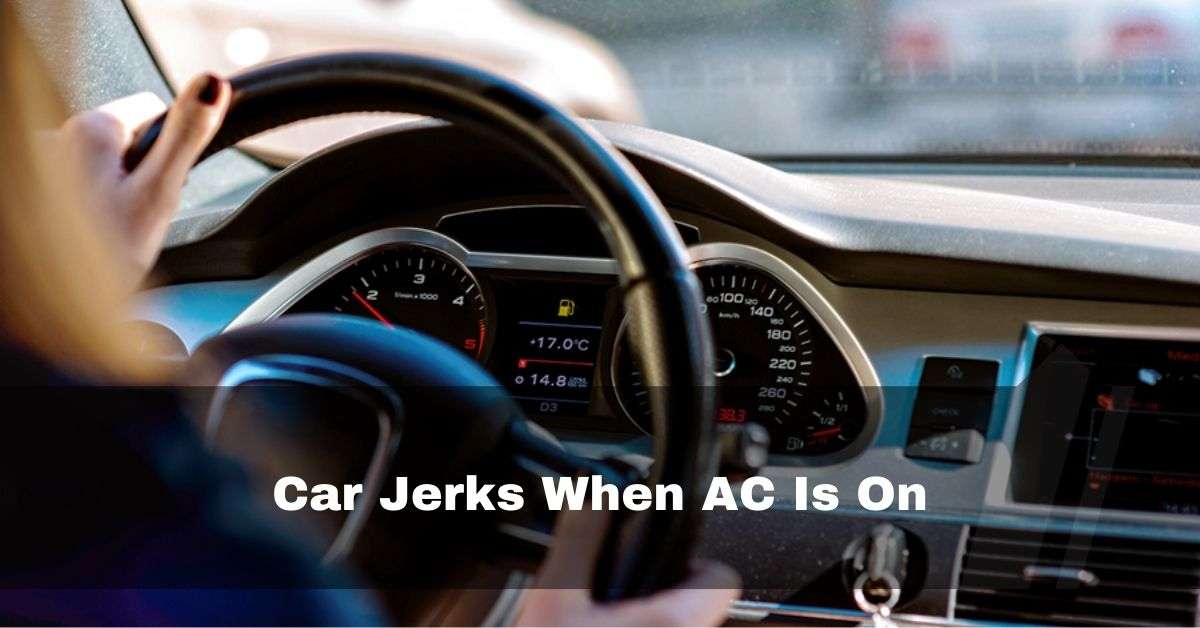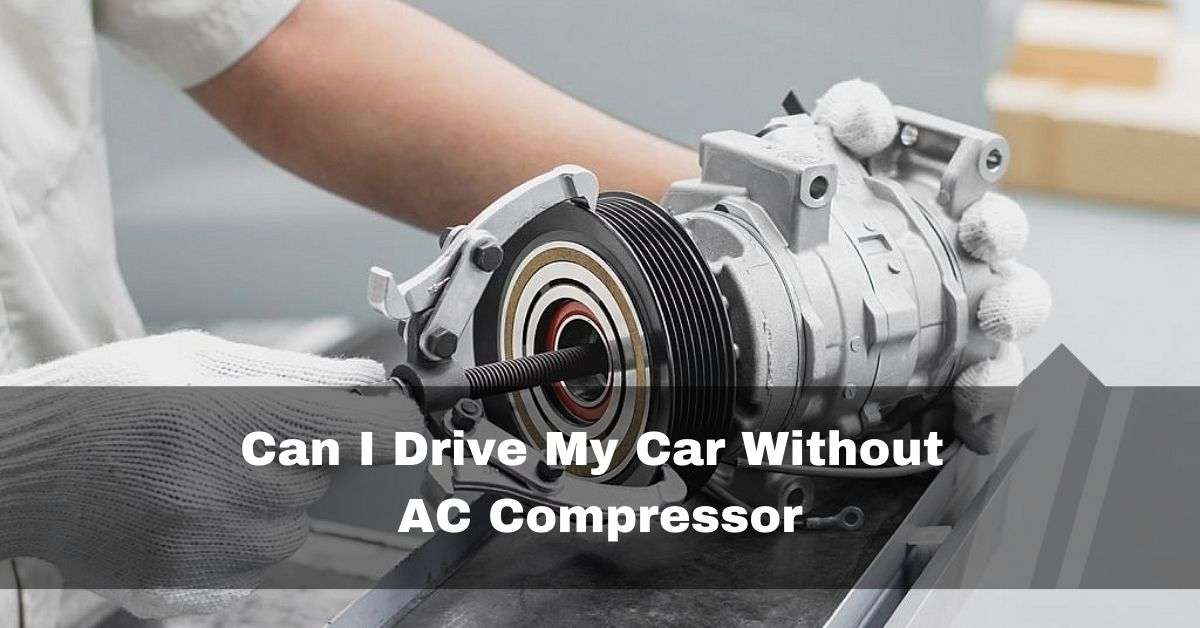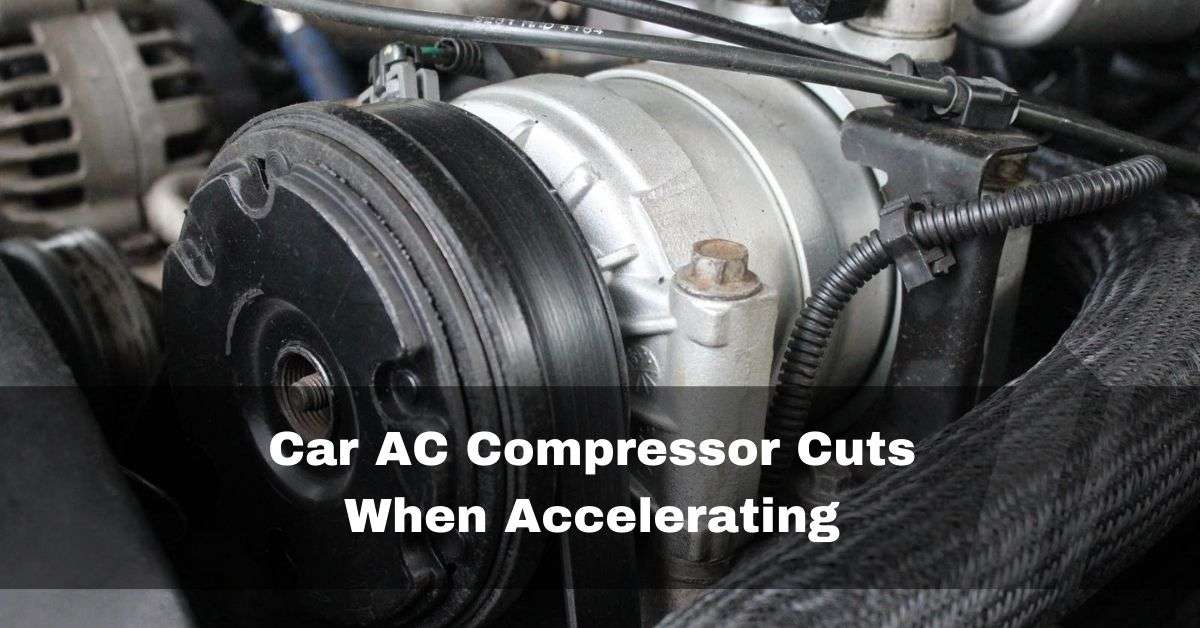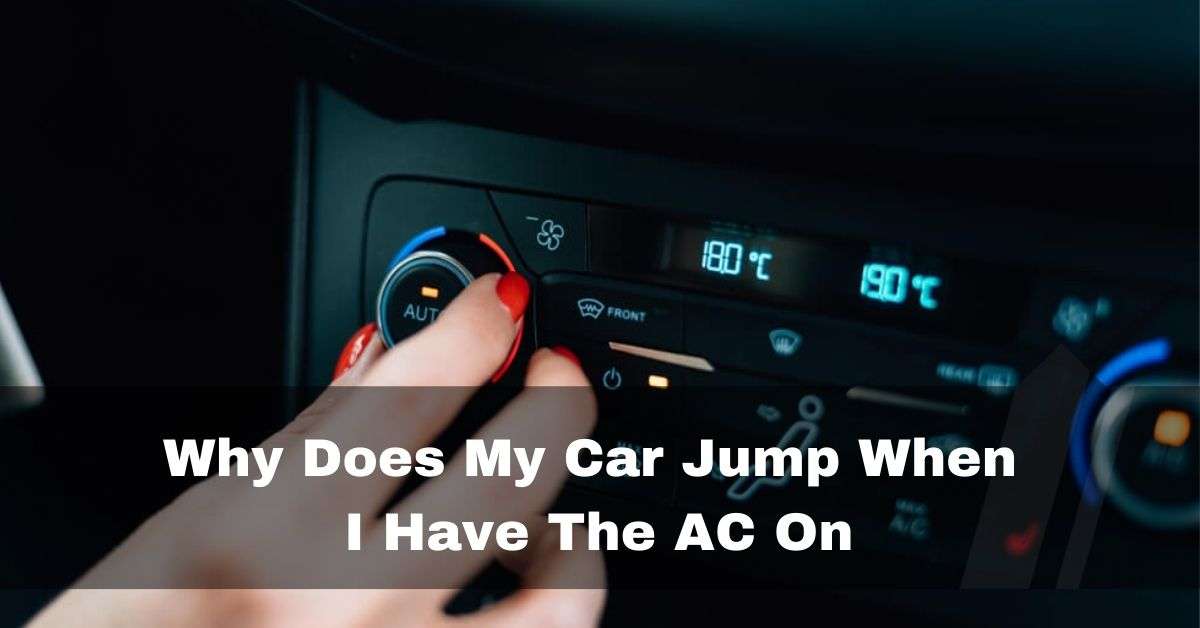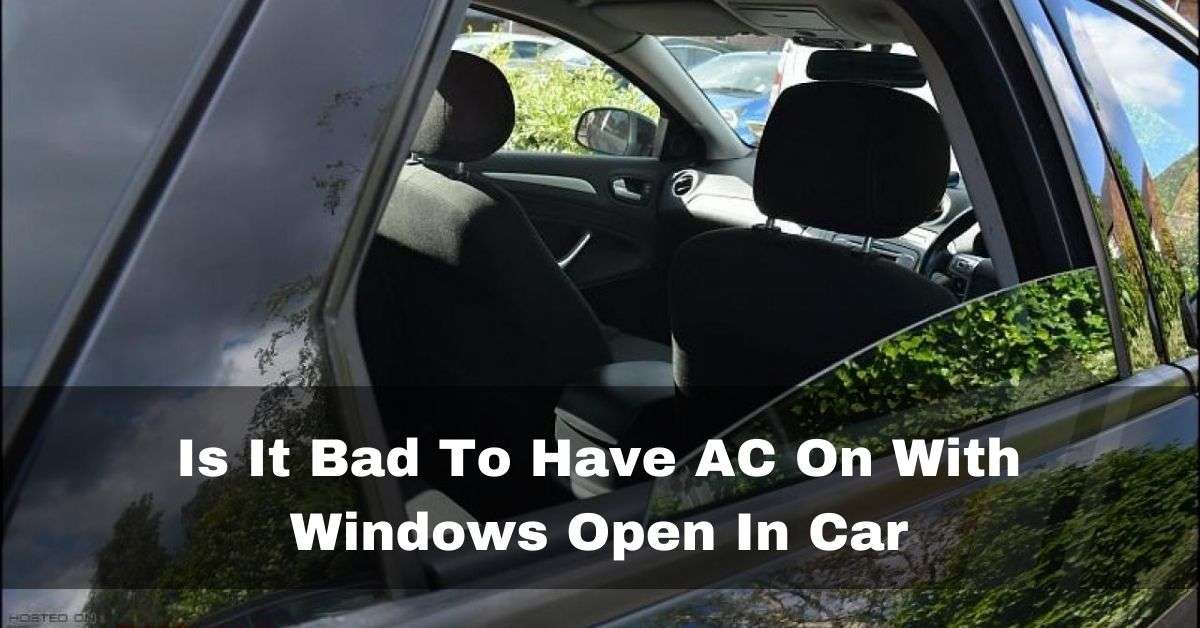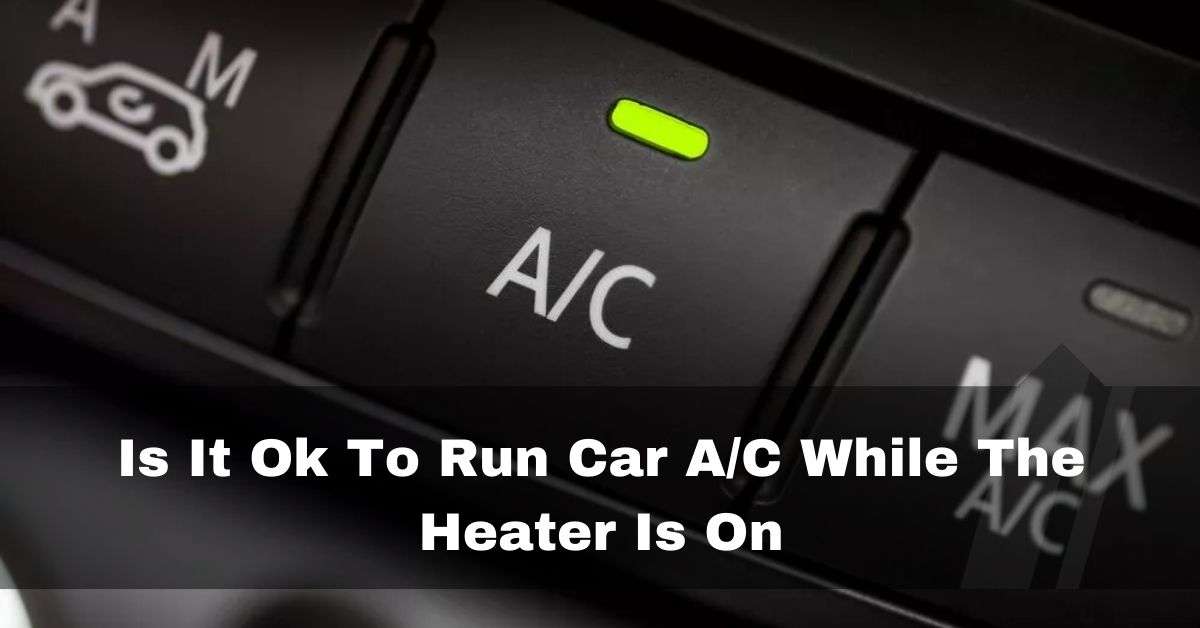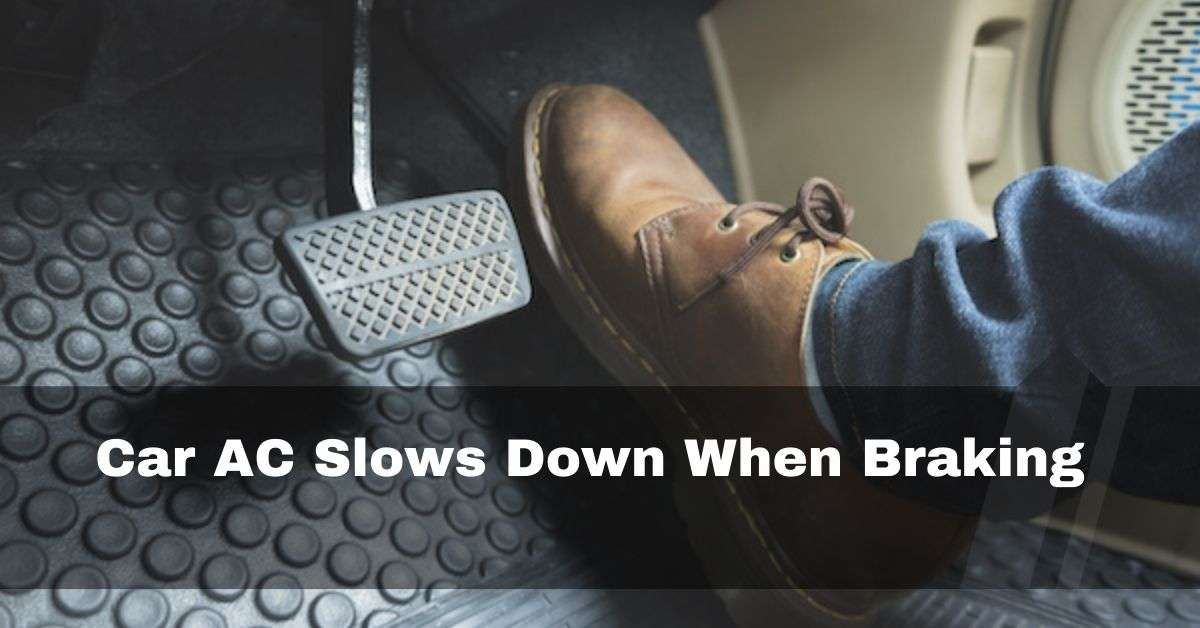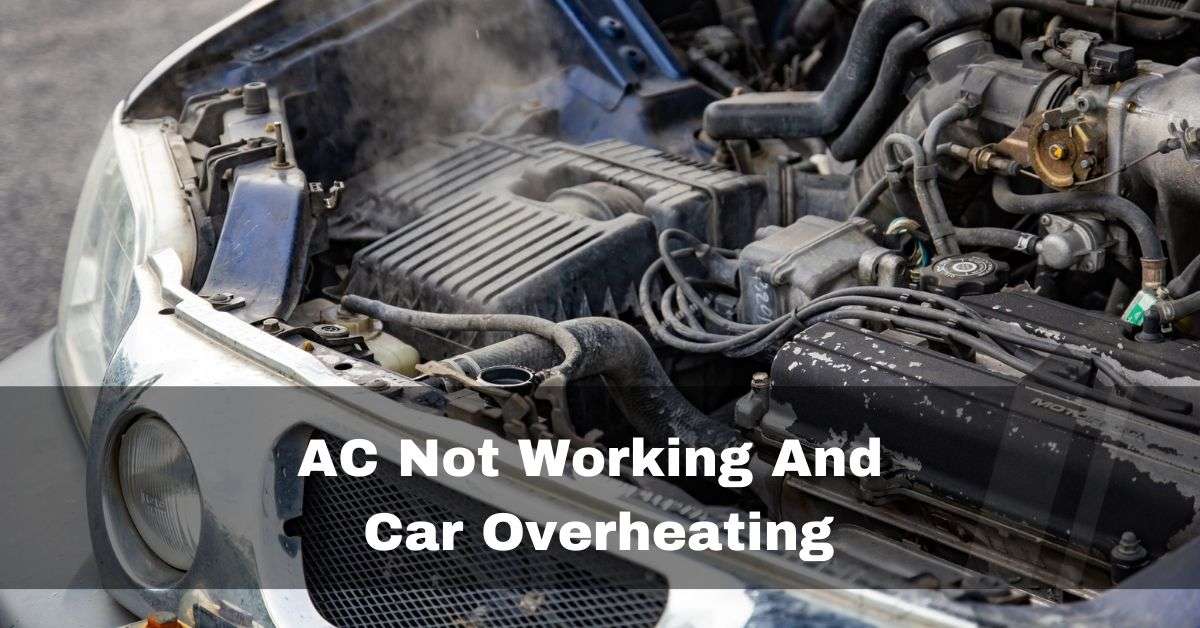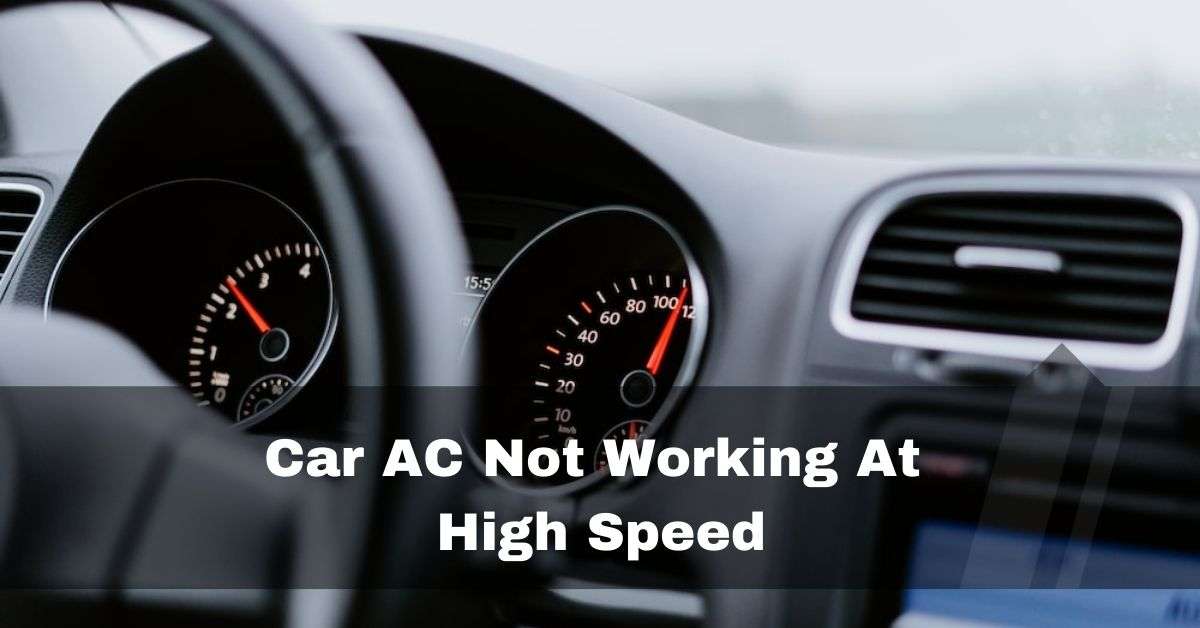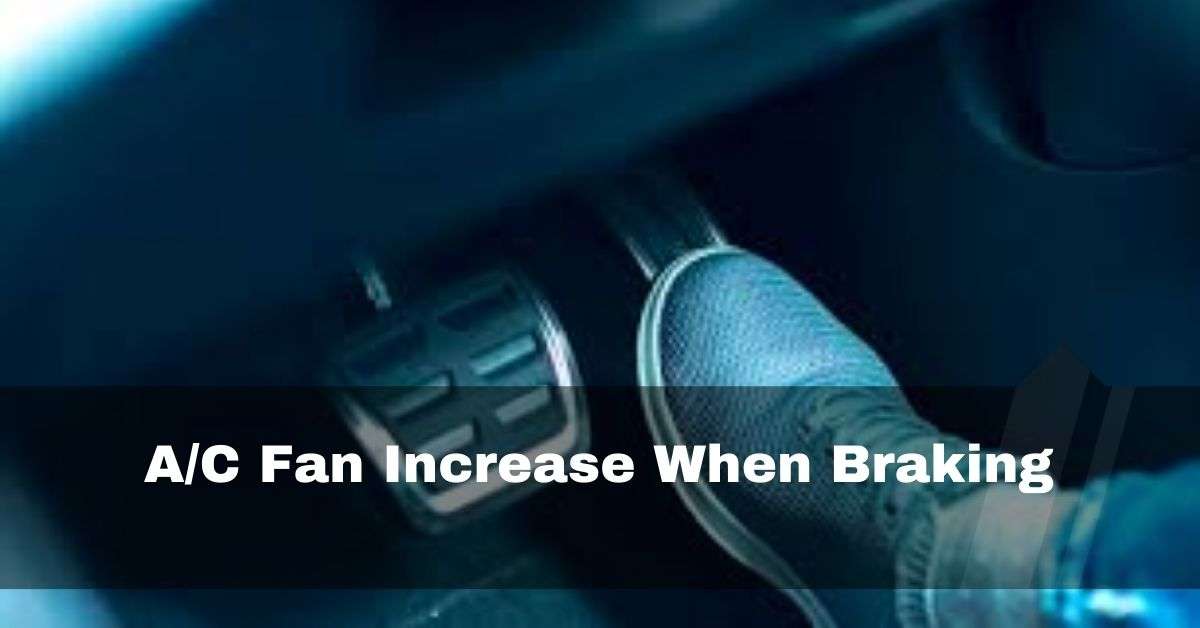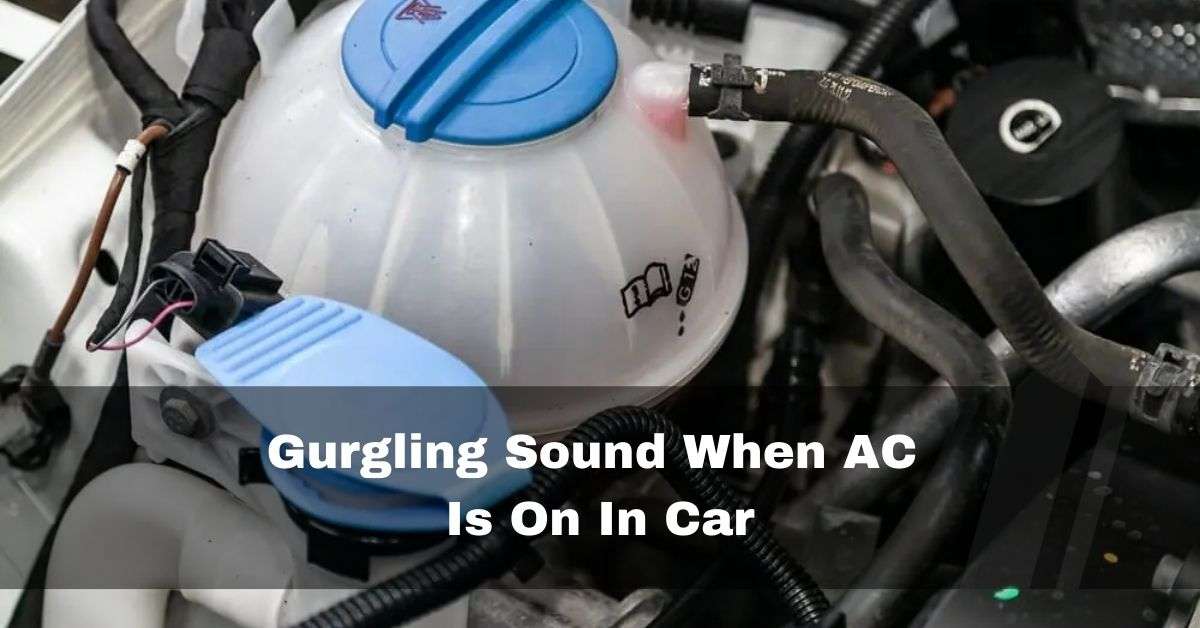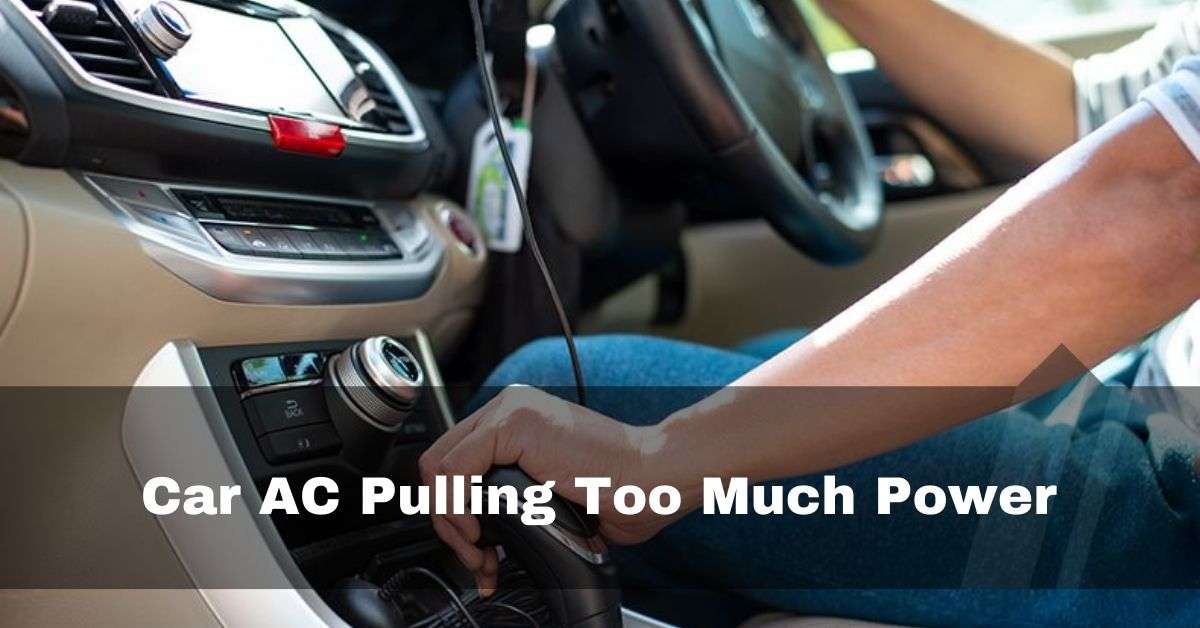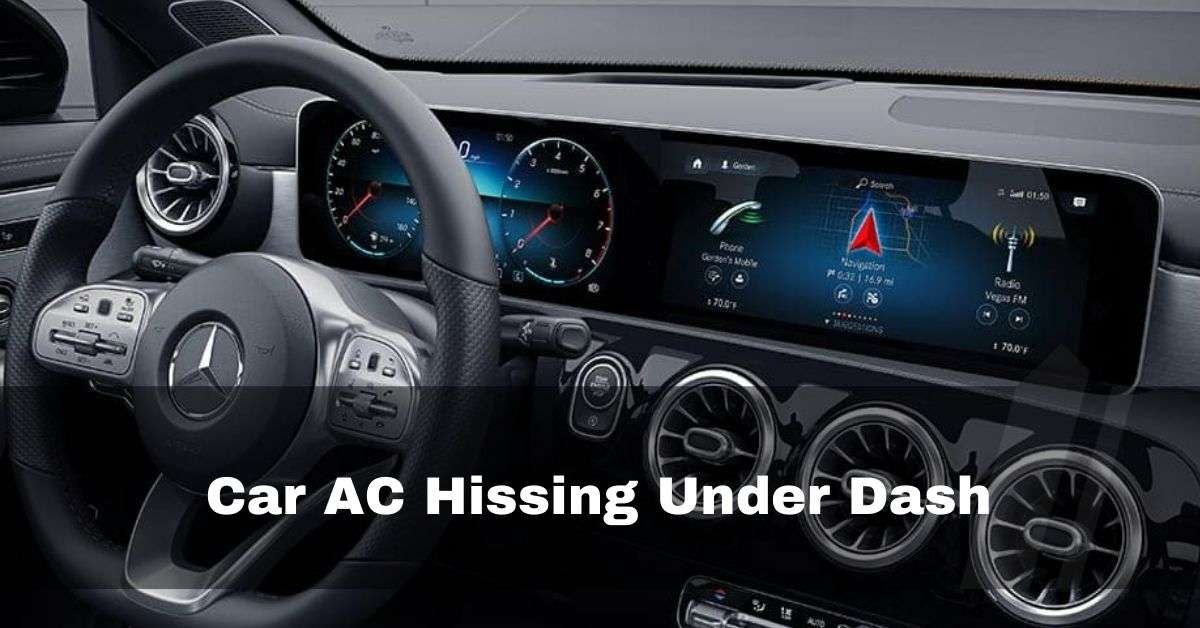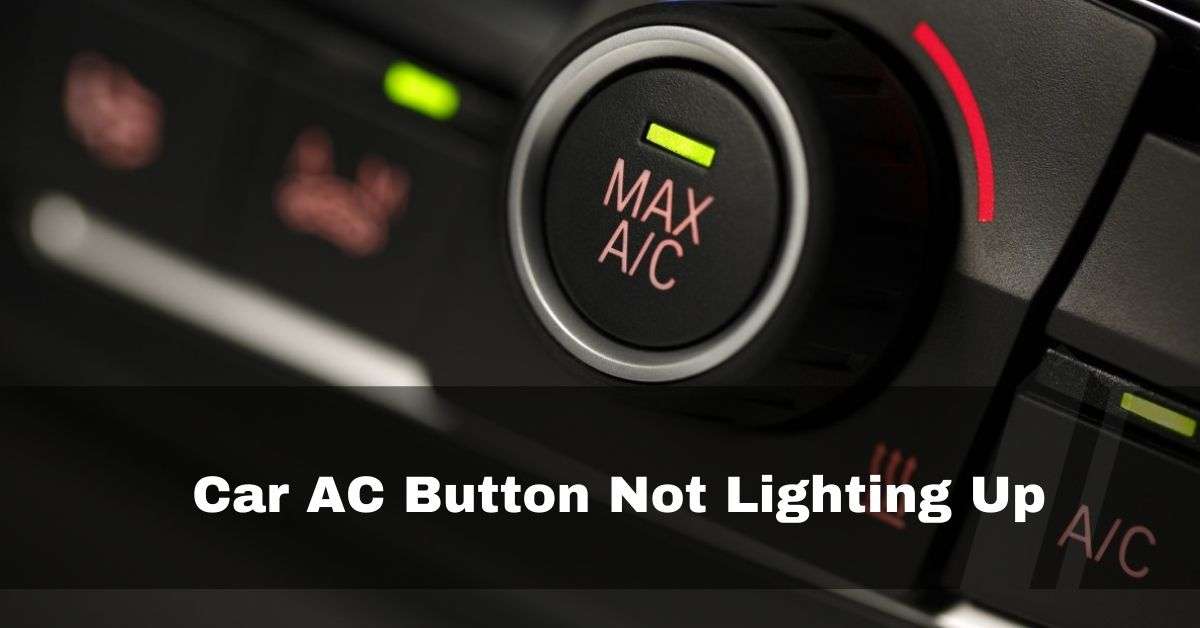Especially in hot weather, the air conditioning (AC) system is essential to maintaining cabin comfort. However, can a broken AC compressor significantly affect how well your automobile starts?
A seized AC compressor that won’t turn can prevent the engine from starting due to the increased starter or belt resistance load.
This article will examine if an AC compressor can prevent a car from starting and the potential causes of such an incident.
Table of Contents
Seized AC Compressor And Starting Issues:
A seized AC compressor can prevent a car from starting in specific scenarios. Let’s delve into some situations where a locked-up compressor can disrupt the starting process:
1. V-Belt Driven Systems:
The engine may still start if the AC belt is removed in older automobiles that use V belts to power numerous parts, including the AC compressor. The engine won’t have to work harder to compensate for the seized compressor. But it’s essential to deal with the problem right now.

2. Serpentine Belt Systems:
A single serpentine belt is frequently used in newer cars to drive several parts, including the AC compressor. In such a setup, starting the engine can be challenging, if not impossible, if the AC compressor seizes. The belt may be overloaded by the seized compressor, making it difficult for the starter motor to turn the engine.
3. Starter Load And Electrical Strain:
When operating continuously, a stuck AC compressor can increase the load on the starter motor and make starting more difficult. Additionally, the electrical stress from a broken compressor may mess up the entire electrical system and prevent the engine from starting.
4. Blocking Engine Rotation:
The engine’s crankshaft may be forcibly prevented from rotating if the compressor seizes and locks up while in use. Without a doubt, this circumstance would prevent the engine from starting.

What Are The Signs And Symptoms Of A Bad Ac Compressor?
- Elevated Cabin Temperatures: It may be a sign of a compressor problem if the AC system cannot chill the cabin and temperatures sufficiently are higher than usual.
- Loud Noises: When a compressor operates noisily, such as by grinding or screeching, it may have internal damage or worn parts.
- Leakage And Moisture: A failed compressor may be detected by leaking refrigerant, which may show up as oil stains or pools under the car. Moisture gathered close to the AC parts may indicate a refrigerant leak.
- Stuck Compressor Clutch: The compressor clutch need to engage and disengage effortlessly. It can signify a compressor issue if it is always involved or won’t employ.
- Inadequate Suction Lines: Clogged or damaged suction lines may result in insufficient suction or cooling, lowering the compressor’s effectiveness.
- Electrical Issues: A faulty wire or electrical connection could prevent the compressor from working correctly, resulting in erratic cooling or even AC system failure.
Recognizing these symptoms and taking action immediately will help keep your AC system and other car parts from suffering additional harm. To ensure peak performance and comfort while driving, you must seek professional diagnosis and repair if you notice any of these symptoms.
Will A Car Start Without An AC Compressor?
Without an AC compressor, a car can start and run. The AC compressor does not immediately impact the procedure for starting the engine. It is a component of the car’s air conditioning system, which runs independently from the engine.
The car won’t be unable to start or run if the AC compressor is malfunctioning or has been removed from it. You can still operate the car, and the engine will start and run normally. But you won’t be able to cool the cabin air because your air conditioning won’t work.

In some circumstances, a malfunctioning air conditioner compressor could put extra strain on the engine’s auxiliary belt system, which might have an impact on how smoothly the car starts, especially in older cars with separate belts for each component.
It is uncommon, and contemporary cars are built with technologies prioritizing the engine over other parts, like the AC compressor.
Can A Bad Ac Compressor Cause A Car To Stall?
Yes, although it’s not very frequent, a faulty AC compressor can theoretically cause a car to stall. The accessory belt system of the engine is connected to the AC compressor. In some circumstances, if the compressor seizes or places an excessive load on the belt, it may impair engine performance and cause stalling. Here’s how it might take place:
1. Excessive Load:
An additional stress can be put on the auxiliary belt of the engine by a broken AC compressor that seizes or gets challenging to turn. Particularly at low speeds or idle, this higher load may make it more difficult for the engine to maintain its normal RPM (revolutions per minute) and cause a stall.

2. Belt Slippage:
The alternator and power steering pump may stop working due to a faulty AC compressor causing the belt to slip. If the alternator is not producing enough power, there may be a loss in electrical energy, which could impact how the engine runs and result in a stall.
3. Electrical Disruption:
In some circumstances, electrical problems brought on by a broken AC compressor might disturb the car’s entire electrical system, impacting different parts like the engine management system. This interruption may result in stalling and poor engine performance.

While a malfunctioning AC compressor might cause stalling, it is crucial to remember that it is not usually the leading or only cause. Various other variables, including difficulties with the fuel, ignition, and sensors, can also cause engine stalling.
It is advised to have your automobile checked out by a qualified mechanic if you think a faulty AC compressor is driving your car to stall so they can properly diagnose and fix the problem.
How To Fix A Malfunctioning Ac Compressor?
It takes a systematic strategy to identify and resolve the underlying problems when fixing an AC compressor that isn’t working correctly. To avoid accidents:
- Start by ensuring the device’s power is turned off.
- Start by visually inspecting the compressor and checking for any outward indications of leakage, damage, or missing parts.
- Look for any burnt connectors or loose wires at the electrical connections.
- Check the refrigerant levels; if they are low, a leak may exist and needs to be fixed.
- If required, recharge the system with the proper refrigerant.
Unusual noises coming from the compressor could be a sign of mechanical issues. In these circumstances, contacting a qualified technician may be preferable rather than attempting to fix internal components yourself because doing so can be dangerous.
Additionally, look for any evidence of damage to the compressor’s capacitors and relays; these are typically easier to replace and can often resolve startup issues.

You can use a multimeter to check the electrical components for continuity and ensure they’re operating as they should if you’re experienced with more complex troubleshooting. Examine the motor windings on the compressor, but exercise caution while working with electrical components.
However, remember that AC systems are intricate, making it difficult—especially for those without the appropriate experience—to repair a broken compressor. It is advised to seek the assistance of a qualified HVAC specialist if basic troubleshooting fails to address the problem.
FAQs:
1. Will A Bad Ac Compressor Affect The Engine?
Your engine will work extra hard to power them if the A/C compressor malfunction causes them to break or slacken. Your engine may wear down more quickly as a result of this. The more harm you do to your car’s engine and overall air conditioning system, the longer you drive with a faulty A/C compressor.
2. What Happens When The Ac Compressor Goes Bad?
Less air will emerge from the vents when your ac compressor fails, and that air may be heated. The system may also operate continuously without cooling your home. It can lead to a higher electricity cost because refrigerant isn’t pumped through the system.
3. Can A Bad Ac Compressor Cause Transmission Problems?
The engine and transmission should continue functioning normally as long as the A/C compressor is not physically damaged (broken or seized).
Conclusion:
According to popular belief, depending on the structure of the vehicle’s belt system and the circumstances of the failure, a seized AC compressor can make it difficult for a car to start. Even though safety features are built into current vehicles to guard against problems like this, a broken AC, you’re having trouble starting your automobile and think the problem might be an AC compressor can still be problematic, especially in cars with more recent serpentine belt drives. If so, that has seized.

